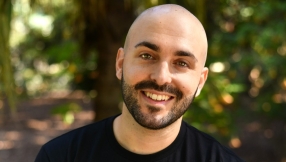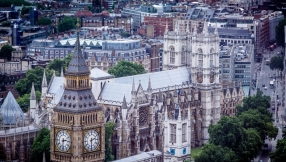NHS marks 60th birthday
Treating one million people every 36 hours, its annual budget has grown from 437 million pounds in 1948 to over 100 billion pounds today, a near ten-fold rise once inflation is taken into account.
Treatments undreamed of at its beginning are now routine, with new drugs and antibiotics transforming the way doctors can deal with once debilitating and fatal conditions.
Hip replacements were so unusual in the late 1950s that the surgeon who invented them asked patients to agree to return them after their death.
The NHS now carries out 1,000 hip replacements every week.
Labour Health Secretary Aneurin Bevan launched the NHS on July 5, 1948 with the promise that "everybody, irrespective of means, age, sex or occupation shall have equal opportunity to benefit from the best and most up-to-date medical and allied services available."
Plans to nationalise all of Britain's health infrastructure were curtailed by the parlous post-war state of the country's finances, and Bevan had to be content with just taking over the hospitals.
GP practices, dentists, opticians and pharmacies remained - as they do today - self-employed small businesses, contracted to provide NHS services.
But the change to the nation's health was dramatic.
"Nobody realised how much unknown sickness there was until the NHS began," said retired GP John Marks, 83, who qualified on the service's first day.
"So many people just could not afford to go to the doctor. There was an unprecedented rush to the GPs with problems people had been putting off for years.
"Before the NHS, healthcare in this country was a disaster, particularly if you were poor."
While the service was a keystone of Labour policy, successive Conservative governments were less enthusiastic.
But Conservative leader David Cameron has embraced the service after his party lost three successive elections to a Labour government committed to expanding healthcare funding.
"The fact that we have a health service that takes care of everyone, whatever their needs, backgrounds and circumstances, is one of the greatest gifts we enjoy as British citizens," Cameron said in a speech on Tory health policy last month.
The NHS is now run independently by separate administrations in England, Scotland, Wales and Northern Ireland but all remain committed to its core principles, as their health ministers confirmed in a joint statement this week.
"Devolution has brought different approaches to the NHS in the four nations that make up the United Kingdom and this is resulting in an unquestionable divergence between our health systems," said Scotland's Health Secretary Nicola Sturgeon.
"Nevertheless, this statement on our shared principles highlights a resolve to ensure that the NHS remains free at the point of delivery and continues to strive for the highest possible standards in clinical excellence and patient care."













